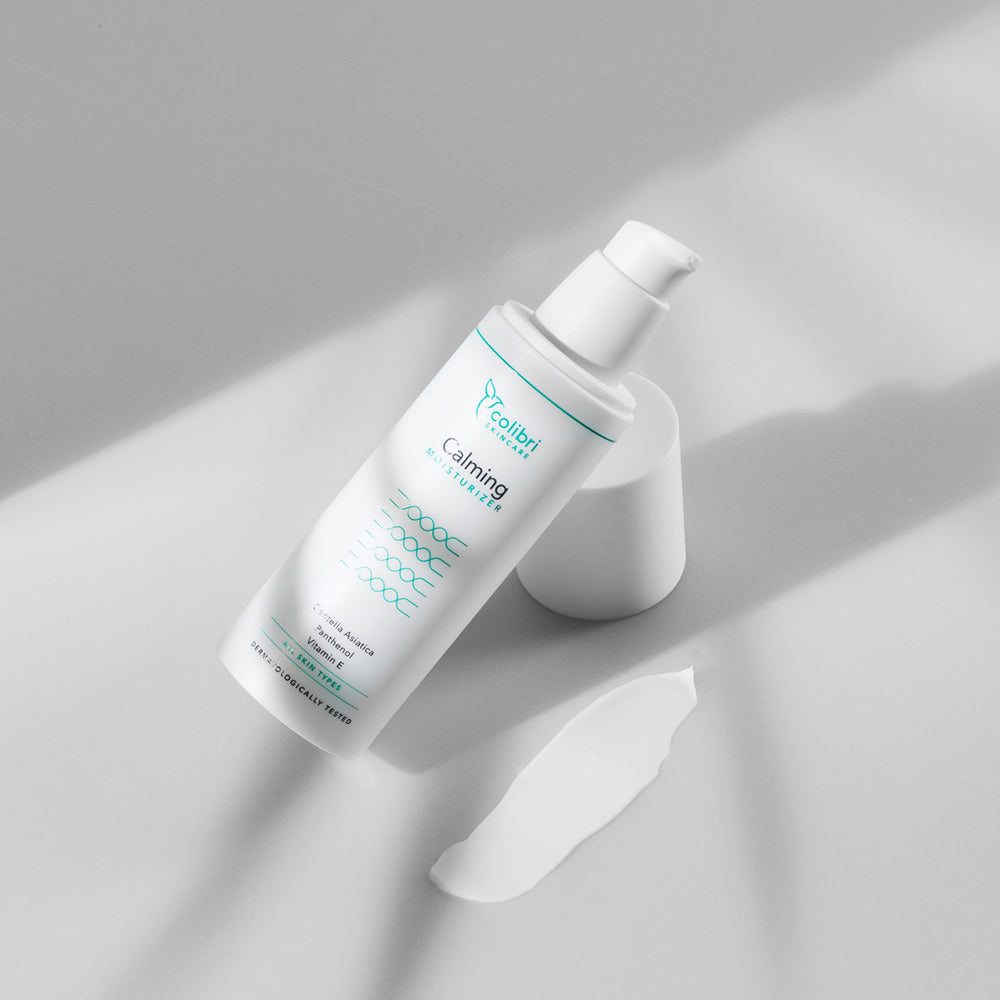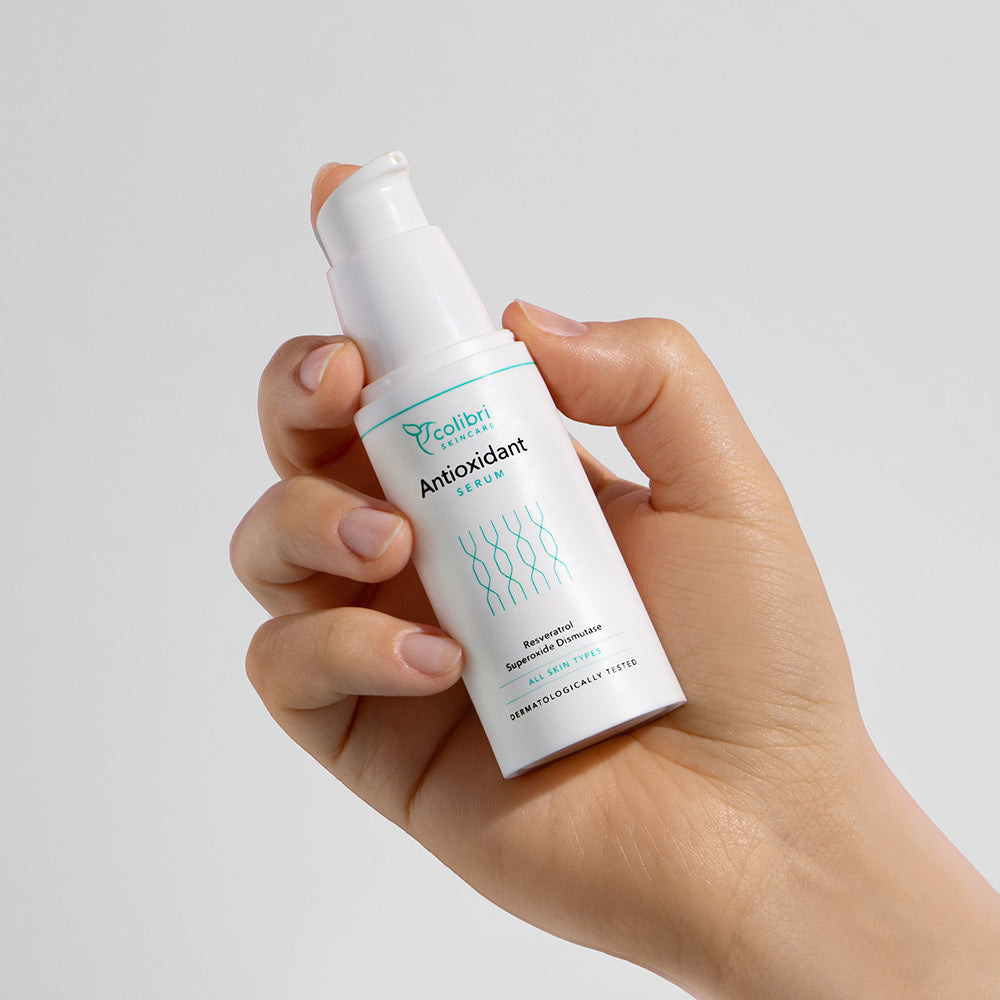Article: Centella Asiatica in natural cosmetics

Centella Asiatica in natural cosmetics
The medicinal plant Centella Asiatica is better known to most people as Indian or Asian water pennywort. In addition, in some parts of the world, this plant is also known as Gotu Kola or Tiger Grass. Asian pennywort is a subspecies of the genus Centella. These umbelliferous plants are often used in traditional Chinese medicine because of their beneficial effects on the human body. In Europe, however, the use of this medicinal plant has also become widespread in recent years.
Asian pennywort is a herbaceous plant that blooms several times. Usually the plants have one flowering phase per year. The stem of the Asian pennywort usually creeps along the ground. In the process, the plants regularly grow new roots from the nodes of the stem. In this way, the Asian pennywort spreads over larger areas.
In most cases, the leaves of this plant reach a diameter of 0.5 to ten centimeters. However, in rare cases, the leaves can also reach a length of up to 30 centimeters. In their shape, the leaves of this plant usually resemble a heart. In addition, one of the distinguishing features is that there are small groups of hairs on the underside of the leaves. The upper side of the leaves, on the contrary, is completely bare and has a smooth structure. At their edges, the leaves of the plant are often wavy and slightly toothed towards the underside.
Origin of the Centella Asiatica
The Asian pennywort is an undemanding plant. Basically, it can thrive in any semi-shaded to shaded location that has moist soil. At the same time, this plant can spread both by its seeds and by forming runners. Optimal conditions for the Asian pennywort are found at altitudes ranging from 200 to 1900 meters. Moreover, this plant grows best in swampy, humus-rich as well as nutrient-rich locations. For this reason, the Asian pennywort spreads particularly quickly along river banks and rice fields.
Today, Asian pennywort can be found in many different countries due to increased cultivation. This plant is found worldwide in all tropics as well as subtropics. Mainly, the Asian pennywort grows equally in America, Africa and Asia. The specific cultivation of this plant, however, still takes place almost exclusively in Asia. Due to the high importance of this plant in traditional Chinese medicine, it is cultivated especially in the People's Republic of China. In addition, the Asian pennywort is also cultivated in large quantities in Japan as well as on numerous smaller islands in the Pacific Ocean. Finally, India and West Pakistan have also specialized in the cultivation of this medicinal plant.
The effects of the Asian pennywort
The Asian pennywort is mainly known for its numerous positive effects on the skin. This plant has been used for hundreds of years in Traditional Chinese Medicine for wound healing. In addition, it has antioxidant as well as anti-inflammatory properties. For this reason, Asian pennywort is mostly used in Asian countries to treat inflammation and minor injuries. The regenerative properties of the plant ensure optimal healing of the skin.
Besides Traditional Chinese Medicine and Ayurveda, the positive properties of this plant are also known in modern Western medicine. For several years, it has also been known that the ingredients of this plant can stimulate collagen production in the skin cells. In this way, with the help of a high-quality extract of Asian pennywort, the skin can be significantly tightened. Furthermore, the plant is known to have an antibacterial effect. Therefore, the extract obtained from it is often used to treat wounds and inflammations. Finally, the extract obtained from the Asian pennywort also has a positive effect on the regeneration process of the skin. Therefore, this plant can be reliably used to relieve wrinkles and scars.
Application of the plant in natural cosmetics
Due to its healing properties, tiger grass is successfully used not only in medicine, but also in cosmetics. In both areas of application, however, it must be noted that the area of cultivation has an enormous influence on the effectiveness of the plant extract. These differences in quality are mainly due to the fact that many of the positive properties of the plant are due to secondary ingredients. These are only absorbed in certain growing regions.
High-quality Asian pennywort is used in cosmetics, especially for anti-aging products. Due to the stimulating effect of this plant on the production of collagen within the skin cells, a reliable tightening of the skin can be achieved. In addition, the regenerative properties of this plant provide optimal relief from wrinkles and minor scars. At the same time, the extract of this plant has skin-soothing properties. For this reason, it is very tolerable even for sensitive skin. The combination of these properties is extremely interesting for cosmetics. That is why Asian pennywort is increasingly becoming a key ingredient in cosmetic products. However, how strongly these products unfold their effect depends mainly on the quality and dosage of the extract.


